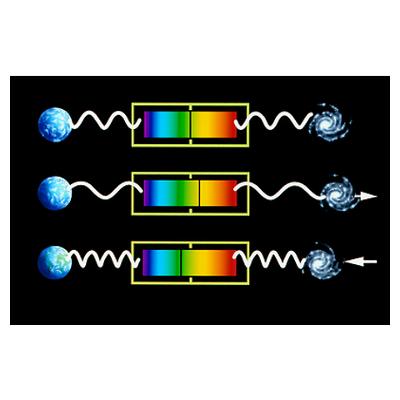

#F.lux vs redshift mac
It is available for Linux as well as Windows and Mac computers, including iPhones and iPads, so it’s quite likely you’ll be able to use it. Of course, these tools aren’t a panacea, and if you don’t get enough sleep, you can still suffer from negative side effects. These tools do their job by slightly changing the tint and brightness of your monitor screen, so your body gets the kind of light it would expect given the time of the day. Fortunately, several tools can be of service. Unless you decide to stop using computers and TVs late in the day, you’ll have to find some way to help your body adjust. Reading by candlelight, lamplight, or firelight is not as disruptive because you are getting a yellowish/reddish light that matches the evening, so your body prepares to sleep.
#F.lux vs redshift tv
For example, your body might respond to the bright, white/bluish light from your monitor or TV set as if it were daylight, ramping up for action instead of preparing for rest. On the other hand, humans are quite adept at messing with nature, and man-made lights can skew this natural cycle, disturbing your sleep and provoking eyesight problems.

Humans are diurnal animals thus, our bodies “understand” that bright white light means “be alert, move around, do things,” whereas more reddish, less intense light means “slow down, seek shelter, go to sleep.” This isn’t a cultural thing, but rather a behavior brought forward by evolutionary common sense, as favored by natural selection: Humans are not well-equipped with night vision, so wandering around at night is an easy way to become dinner! Most animals evolved being exposed to different light conditions in the morning, during the day, and at night. The human body falls into this cycle by following external cues, called “zeitgebers” (from German zeit meaning “time” and geben meaning “to give”) the main zeitgeber is light. The principle remains: Activities of all animals follow such cycles and have been doing so for hundreds of thousands of years. (The word “circadian” comes from Latin circa dies meaning “about a day.”) Practically every organism on Earth follows such a cycle, although not always in the same way for example, many humans work during the day and sleep at night, whereas nocturnal animals sleep during the day and forage at night. Most people are at least somewhat familiar with the notion of the circadian rhythm, an approximately 24-hour cycle of biological processes in human bodies.


 0 kommentar(er)
0 kommentar(er)
